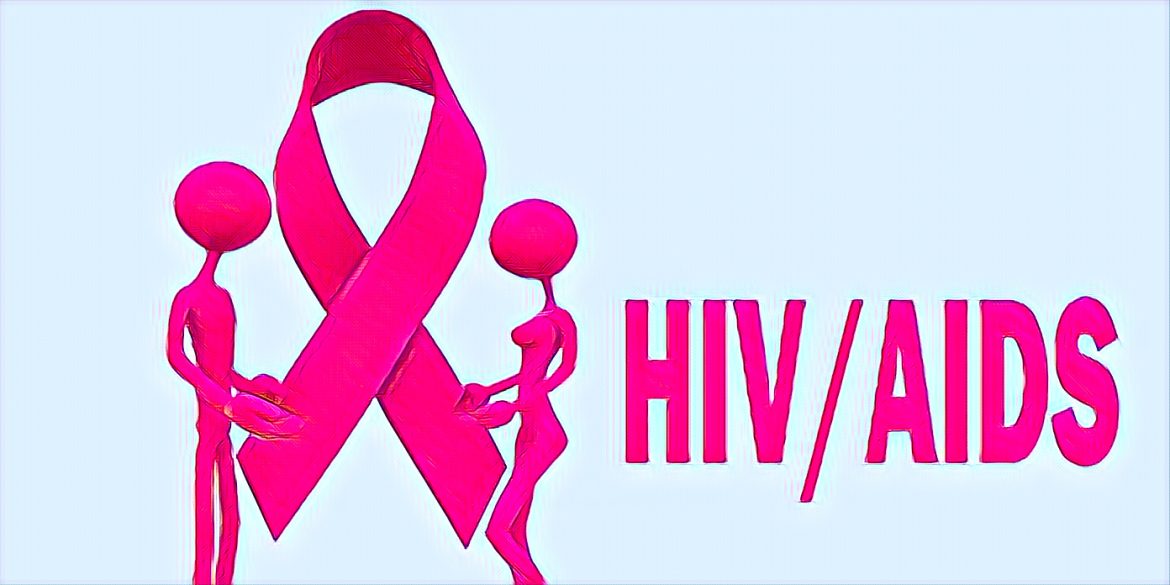KEY POINTS
- Western Region of Ghana has recorded over 1,000 HIV infections yearly for the past five years.
- Gender disparity is significant, with females accounting for 65% of new and existing HIV cases.
- Socio-economic factors such as mining, migration, and stigma continue to fuel the epidemic in Western and Western North regions.
The Ghana AIDS Commission has raised an alarm over the persistent rise in HIV infections in the Western and Western North regions, despite a marginal national decline.
According to recent data from the National Estimates and Projection, the Western Region has recorded over 1,000 new HIV infections annually for the past five years, placing it among the country’s high-burden areas.
Mr. Dramani Yakubu, Technical Coordinator for the Ghana AIDS Commission in both regions, shared the disturbing statistics in an interview with the Ghana News Agency (GNA). He revealed that the Western Region recorded 1,120 new HIV infections in 2024 alone. Although this number slightly decreased from 1,235 in 2023, it still translates to an average of three new infections per day—far surpassing the Commission’s annual target of fewer than 500 new cases.
“This also feeds into the concerning trend of the region recording over 1,000 new infections every year over the past few years,” he stated.
Despite the national HIV prevalence rate dropping from 1.53 percent in 2023 to 1.49 percent in 2024, the Western Region saw a rise from 1.55 percent to 1.62 percent during the same period. This ranks the Western Region as the sixth highest in HIV prevalence nationwide, trailing behind Bono, Eastern, Ahafo, Greater Accra, and Bono East.
Regional disparities in HIV trends raise concern among health authorities
In contrast, the Western North Region reported a drop in its prevalence rate from 1.82 percent in 2023 to 1.57 percent in 2024. While Mr. Yakubu acknowledged this improvement, he warned that the figure still exceeded the national average and that the overall situation remained critical.
“Having seen some improvement, the HIV situation is still dire in the Western North Region,” he emphasized.
The Coordinator attributed the high infection rates to a range of socio-economic and environmental factors. These include increased mining activities, migration, commercial sex work, poverty, and peer pressure, all of which have contributed to creating high-risk environments conducive to the spread of HIV.
He also identified behavioral and systemic issues, saying, “Having concurrent multiple sexual partners, low condom use, poor treatment adherence for persons living with HIV, and HIV/AIDS-related stigma and discrimination are also all exposing factors for infections.”
A striking aspect of the data, according to Yakubu, is the gender disparity in HIV cases. Females reportedly account for approximately 65 percent of both existing cases and new infections in the two regions.
“This trend is linked largely to biological susceptibility rather than behavioral factors,” he explained.
He also stressed that many individuals living with HIV remain reluctant to disclose their status due to stigma, which undermines treatment adherence and limits access to community support systems.
In addressing the path forward, Mr. Yakubu called for collective action across communities and sectors. “HIV is everyone’s business,” he noted, urging citizens to embrace safe sexual practices, routine testing, and public education to limit the spread of the virus.
He appealed for increased support from all stakeholders, stating that both financial and technical contributions are essential if Ghana is to succeed in its decentralized HIV and AIDS response. “We must unite in responding to the HIV and AIDS epidemic in the regions and the country in general,” he concluded.
The Ghana AIDS Commission continues to work in collaboration with local authorities, NGOs, and international partners to reverse the troubling trend. However, without stronger community engagement and the dismantling of stigma, progress may remain limited in high-risk zones.




